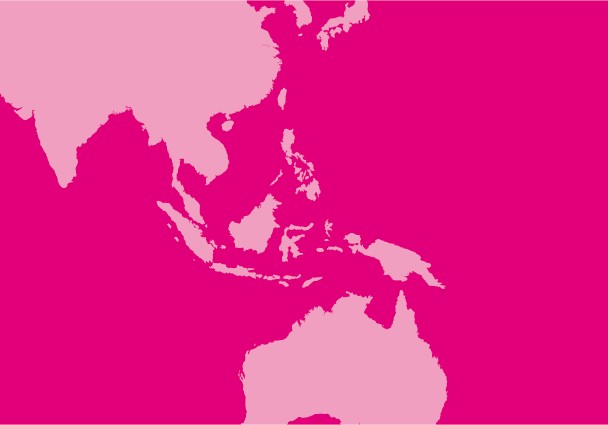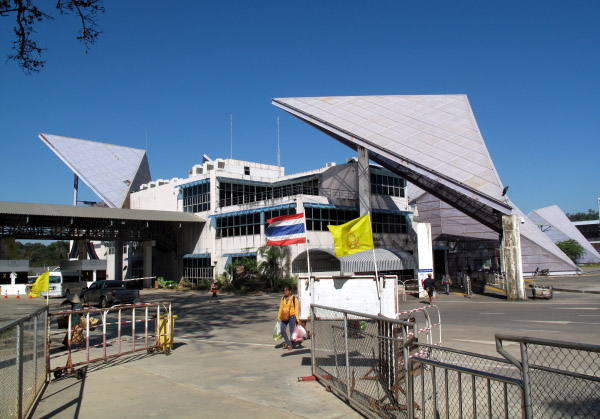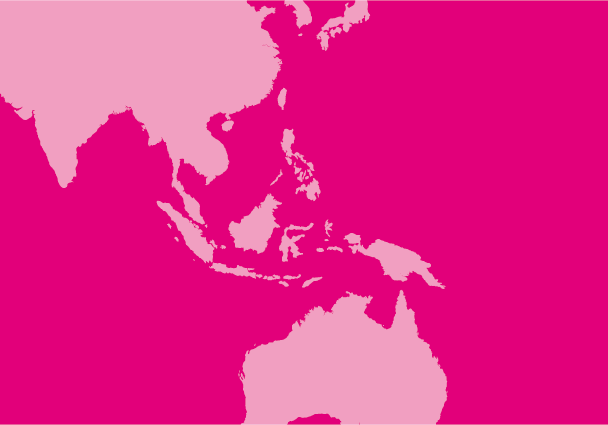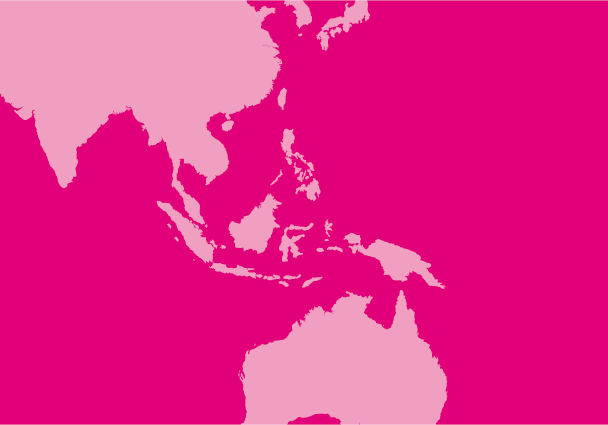
Aug 13, 2013 | News
The ICJ today called on the Nepalese Government to release the body of Tibetan Monk Karma Nyidon Gyasto to the Tibetan community to carry out his last rites in accordance with Nepal’s laws and international obligations.
“We are deeply concerned about this rejection of Nepal’s laws and its international obligations,” said Asia Director Sam Zarifi.
On 5 August 2013, a Tibetan refugee, Karma Nyidon Gyasto self-immolated at the Boudha Stupa, in Kathmandu. He was taken to Tribhuvan University Teaching Hospital, where he was later declared dead. His body is apparently being held in the hospital’s mortuary.
On 12 August 2013, the Tibetan Refugee Welfare Office, registered an application to the Office of the Chief District Officer in Kathmandu to perform funeral rites. The Tibetan Refugee Welfare Office is acting on behalf of Gyatso given the lack of clear legal status of the resident Tibetan refugee community.
This is the second protest by self-immolation in Nepal. The first was in February 2013. In that case the government refused to hand over the body for funeral rites.
The refusal to hand over the body contravenes Nepal’s national laws.
The Interim Constitution, under Article 23 guarantees the right to religion, including the right to practice and perform religious rites.
Furthermore Article 17 provides that every community in Nepal has the right to preserve and promote its culture.
The action also contravenes Nepal’s international obligations.
Article 18 of the International Covenant on Civil and Political Rights (ICCPR) provides for the right to a religion or belief of his choice, and freedom, either individually or in community with others and in public or private, to manifest his religion or belief in worship, observance, practice and teaching.
Furthermore, General Comment No 22 on Article 18 of the ICCPR states that this right includes ritual and ceremonial acts.
Under the Covenant, the Government of Nepal is obliged to respect and ensure the religious and cultural rights of the Tibetan refugee community, who have a legitimate right to receive the body and hold a funeral according to their religion and culture.
CONTACT:
Sam Zarifi, ICJ Asia-Pacific Director, (Bangkok), t: +66 807819002; email: sam.zarifi(a)icj.org

May 5, 2013 | News, Op-eds
An opinion piece by Benjamin Zawacki, Senior Legal Adviser for Southeast Asia at the International Commission of Jurists.
Thailand’s government recently passed up an opportunity for a new approach to the deep South, by declining to replace the Emergency Decree, which violates international standards on human rights, with the somewhat less heavy-handed Internal Security Act (ISA).
Equally concerning is why the government has not looked beyond the South in reconsidering the use of its other extraordinary security legislation: no fewer than 31 of Thailand’s 77 provinces are at least partially under Martial Law.
International law is clear that the extraordinary powers under security laws like the Emergency Decree and Martial Law may only be invoked under a strict set of circumstances, none of which is even arguably applicable in Thailand outside of the southern insurgency (four of the 31 provinces).
Martial Law may be invoked in Thailand “when a situation arises that makes it necessary to maintain law and order and to defend against the danger of attack”, or “when there is an outbreak of war or unrest”. All of Thailand’s provinces that are situated on one of the country’s four international borders are under Martial Law in whole or in part (including the 27 not in the deep South). Among them is Phitsanulok, whose shared border with Laos is roughly only 50km.
This province featured in Thailand’s last war, a three-month affair with Laos that ended in 1988.
Otherwise, Thailand’s border challenges are well-known: trafficking in persons, drugs, and weapons; landmines; refugees and migrants; smuggling of logs, oil, and other contraband; demarcation disputes. While doubtless all of these call for robust law enforcement, only the dispute with Cambodia over the Preah Vihear temple even arguably involves defending against the danger of armed attack.
Several minor but deadly skirmishes with Cambodian forces, as well as considerable mutual saber-rattling, have occurred in several districts of Si Sa Ket province since 2009. It is not credible to claim that Thailand needs to impose Martial Law because of external threats.
A more likely explanation is that Martial Law’s expansive application in Thailand is due to what is common to most security legislation around the region, namely vague language that lends itself to broad interpretation and granting wide powers to the military.
The Martial Law term “law and order”, in addition to more typically applying to civilian law enforcement agencies than to the military, could apply to any situation in which a law is implicated – which is nearly all situations. “Order” and “unrest” are particularly ill-defined.
Moreover, “maintain” suggests law and order need only be threatened to invoke Martial Law, rather than be lost and in need of being restored.
What constitutes an “attack” and the likelihood of such required for Thailand to be in “danger” are also essentially judgment calls. And when is an attack (or a series of attacks) tantamount to an “outbreak of war”?
A second and related reason that Martial Law is so pervasive in Thailand is the large number of military personnel empowered to invoke the law, coupled with, inversely, the difficulty in revoking it later.
While order by royal decree is required for invoking Martial Law on the first set of grounds, even local military commanders can invoke Martial Law in the area under their control on the second set (“when there is an outbreak of war or unrest”), affording them enormous discretion and authority.
In contrast, any and all revocations of the law require order by royal decree, a level of involvement as centralized and bureaucratic as a district military commander’s invocation is local and simple.
Martial Law’s use in Thailand historically supports the analysis that imprecise grounds combined with bureaucratic inertia account for the wide geographical application of the law.
Twice in the past 22 years, orders by royal decree referencing “law and order” have imposed Martial Law on the whole of Thailand, both times via coups d’état in 1991 and 2006.
On only three occasions after the 1991 coup (twice later the same year and once in 1998) was Martial Law lifted in some but not all of Thailand’s provinces. On the eve of the 2006 coup, it was still in effect in all or part of 18 provinces.
Similarly, following the blanket invocation of Martial Law on the whole country in 2006, on only two occasions since (in January 2007 and 2008, respectively) has an order by royal decree revoked the law in 46 of Thailand’s 77 provinces. Why not everywhere?
International law requires that extraordinary security legislation be invoked only in response to an exceptional situation.
Powers granted to security forces and any derogation from human rights must be strictly necessary and proportionate to the situation, and must have a time limitation attached to them.
None of these elements is met in the case of Thailand’s application of Martial Law to its international borders.
Indeed, Martial Law in Thailand allows security forces to arrest people without a warrant, and to detain them for seven days prior to charging them.
Critically, it does not require that detainees be promptly brought before a judge, in flagrant violation of Thailand’s legal obligations under the International Covenant on Civil and Political Rights (ICCPR).
This leaves detainees particularly vulnerable to torture or other ill-treatment at the hands of the security forces, which Thailand has also agreed to prevent and punish as a party to the ICCPR and the Convention against Torture.
In cases under Martial Law of alleged misconduct by security forces, victims are unable to institute a criminal prosecution (though they may initiate a civil action) or to choose their own lawyer; only a military prosecutor is entitled to institute a criminal charge. No appeal can be lodged against judgments or orders of military courts during this period.
The Thai government should reconsider its decision to keep the Emergency Decree in place throughout most of the deep South.
At the same time, it should take the long overdue step of lifting an equally heavy-handed Martial Law everywhere else.









